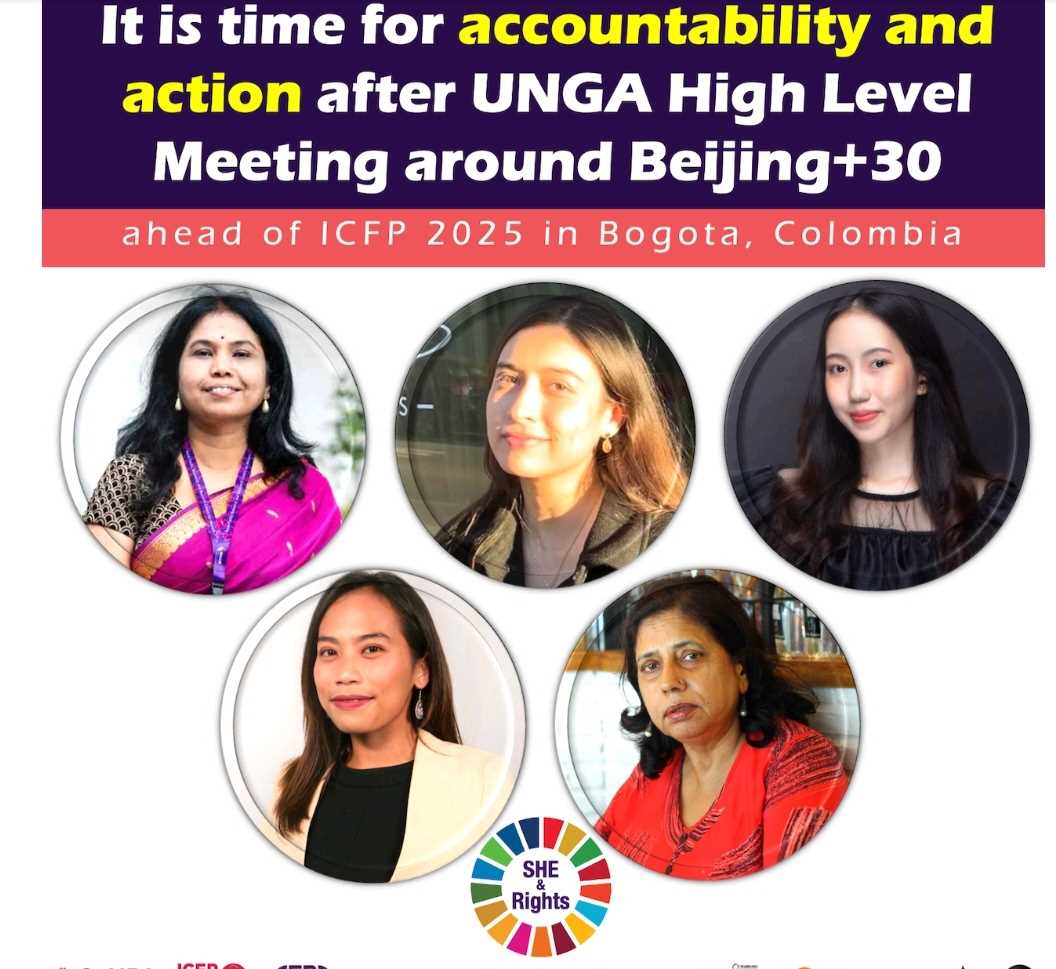
As the countdown to the International Conference on Family Planning 2025 begins, the SHE & Rights (Sexual Health with Equity and Rights) session convened global advocates, youth leaders, and feminist scholars to call for renewed accountability and action on women’s rights, particularly following the UN General Assembly High-Level Meeting on Beijing+30.
The session, hosted by Citizen News Service alongside partners such as the Global Center for Health Diplomacy and Inclusion, International Planned Parenthood Federation, Asian-Pacific Resource and Research Centre for Women, Women’s Global Network for Reproductive Rights, Y-PEER Asia Pacific, and others, underscored that while the Beijing Declaration remains the most ambitious global commitment to women’s rights, progress has been uneven — and recent political headwinds threaten to roll it back.
A Call for Accountability After Beijing+30
Opening the session, Shobha Shukla, Executive Director of CNS, noted that “rights delayed are rights denied,” emphasizing the urgency for nations to move beyond rhetoric toward tangible progress on Sustainable Development Goals 3 and 5—good health and gender equality.
“The 80th UNGA showed us that even hard-won gains are now under attack,” she said, referencing the U.S. government’s recent statement denying any constitutional or international right to abortion during the UN High-Level Meeting on Non-Communicable Diseases and Mental Health.
“With only 62 months left to #KeepThePromise, women’s rights cannot remain negotiable.”
Teachers at the Heart of Change
Sai Jyothirmai Racherla, Deputy Executive Director at ARROW, shared insights from the Asia-Pacific Regional Multistakeholder Dialogue on Comprehensive Sexuality Education held in Bangkok last month.
“Comprehensive sexuality education is often seen as taboo, yet it is vital to young people’s health, well-being, and ability to make informed choices,” she said. “Teachers are central to this mission.”
The dialogue brought together 160 participants—including officials from Ministries of Education from 20 countries across South and Southeast Asia—to discuss advancing adolescent health through quality CSE.
Among the recommendations were investing in pre- and in-service teacher training, integrating gender-transformative and digital approaches into curricula, and prioritising teachers’ own psychosocial well-being.
“We cannot expect teachers to empower students when they themselves lack support and resources,” Racherla stressed.
Youth as Co-Creators, Not Beneficiaries
Representing Y-PEER Asia Pacific, Zuzan from Y-PEER Laos emphasized that the Beijing+30 review is “not only a reflection but a call to action for the future.”
“Youth participation must go beyond consultation—we must be co-creators, partners, and decision-makers,” she said.
Related Stories
She highlighted how Y-PEER networks in Laos, Thailand, Vietnam, and Indonesia are promoting digital learning and peer-led initiatives to reach more young people with CSE.
“AI-powered tools can help make sexuality education more inclusive and accessible,” she added, citing chatbots that can offer confidential, accurate health information to adolescents hesitant to ask questions in traditional classrooms.
Shiphrah Belonguel, Global Advocacy Officer at Fòs Feminista, discussed the ongoing revitalisation of the Commission on the Status of Women, describing it as both a challenge and an opportunity.
“The CSW remains one of the few global platforms where civil society can influence policy norms,” she said. “Our advocacy has pushed for three key demands: defending the CSW’s mandate, safeguarding ambitious conclusions, and protecting civic participation.”
Belonguel warned that the UN80 Initiative, a reform agenda launched by the UN Secretary-General in 2025 to “streamline” operations, risks undermining gender equality mandates under the guise of efficiency.
“We cannot allow gender equality and human rights to be deprioritized in the name of austerity,” she said. “We must ensure feminist movements remain inside these processes, monitoring and disrupting as necessary.”
Looking Ahead to ICFP 2025
Dina Chaerani, host of Sex O’Clock News and member of YIELD Hub, shared updates on the upcoming ICFP 2025 to be held in Bogotá, Colombia, from November 1–6.
“This year sets a record with over 5,000 abstract submissions—the highest in ICFP history,” she noted. “Youth leadership and inclusivity are central to the programme, with a fully youth-led pre-conference and accessible virtual participation through livestreams and recordings.”
Emerging themes include climate and SRHR, shrinking civic spaces, and youth-led innovation in family planning. “ICFP 2025 is where SRHR trends turn into practice,” Chaerani said.
Closing the session, Dr. Pam Rajput, renowned academic and founder of the Centre for Women’s Studies and Development at Panjab University, offered a powerful reflection.
Having participated in every CSW since 1993, Rajput voiced concern over the growing regression in global gender equality discourse but urged solidarity across generations.
“The struggle continues,” she said. “If we undermine sexual and reproductive health and rights, we undo decades of advocacy and sacrifice. We may not have overcome yet—but we must not regress.”
Recalling her speech at the 2000 UN Special Session on Women, she concluded with the same words she had spoken then: “When shall we sing that we have overcome?”











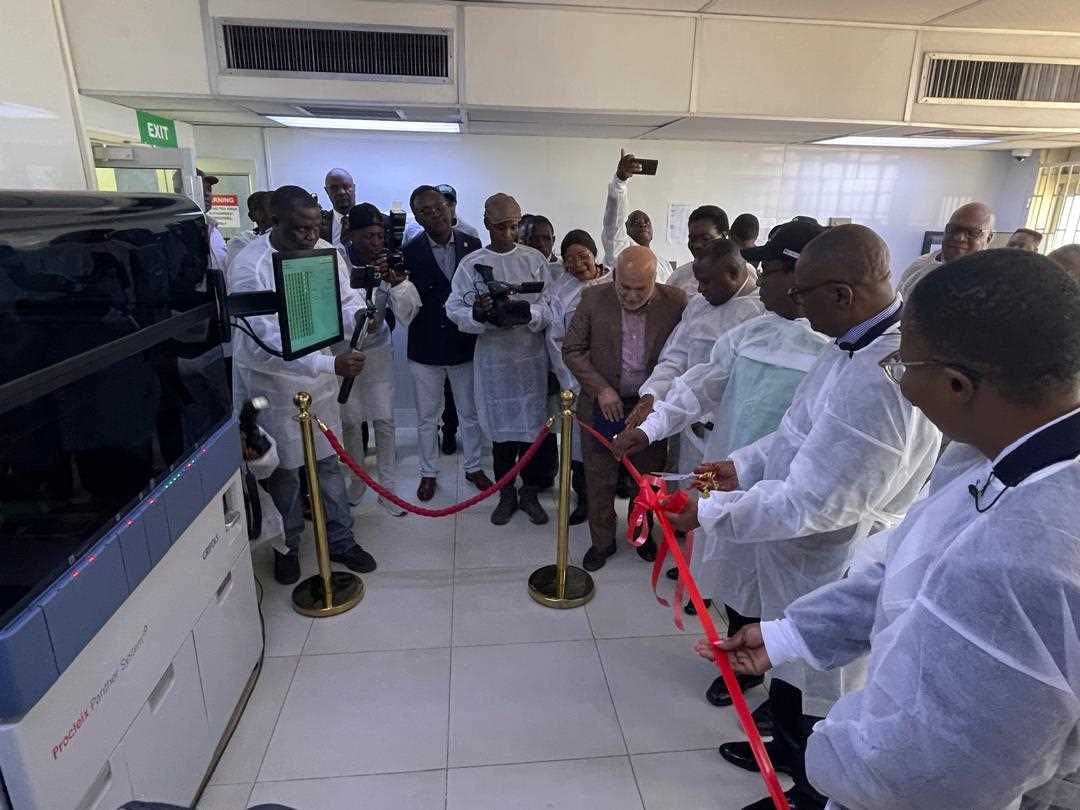
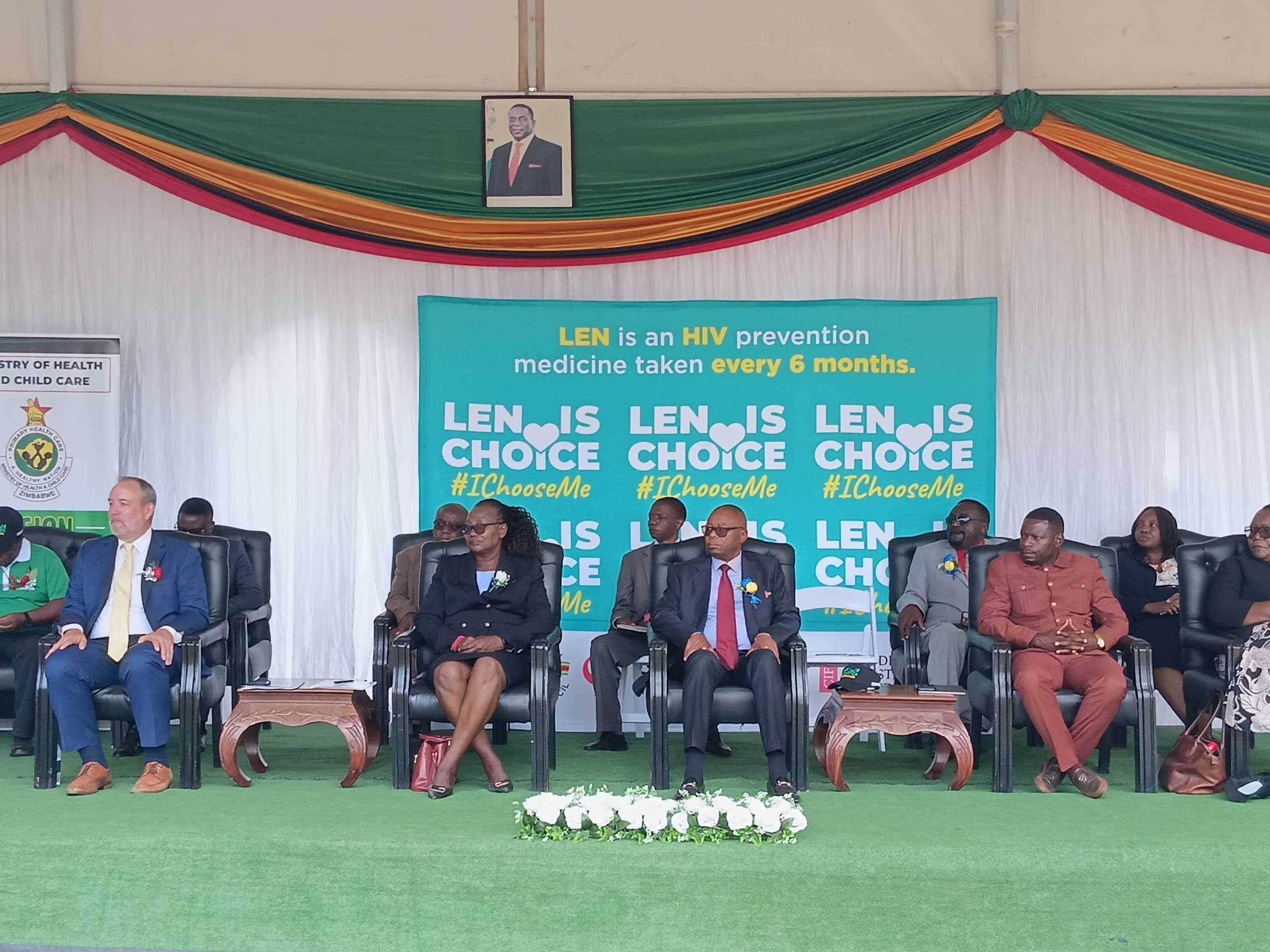

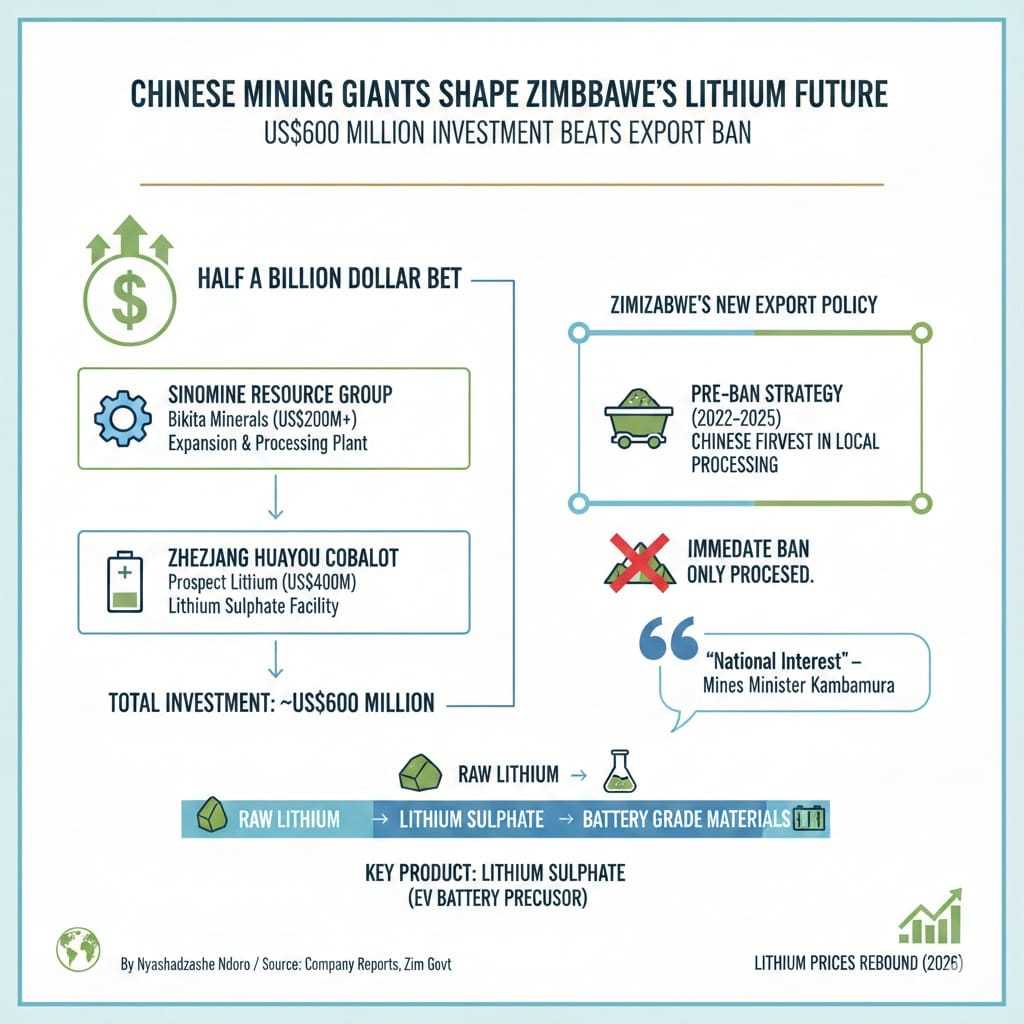

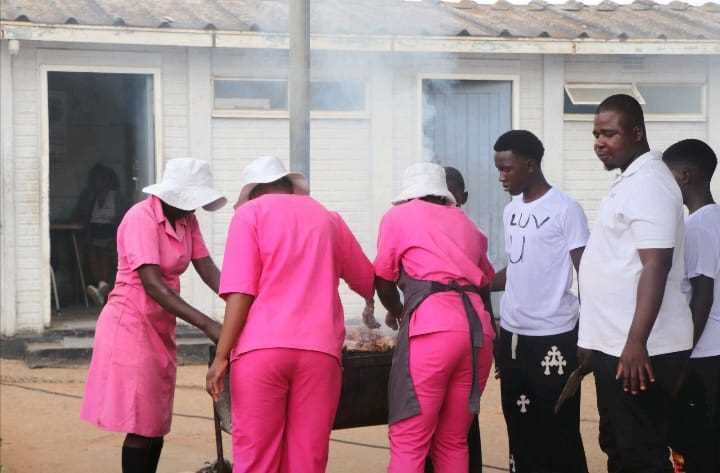


Leave Comments